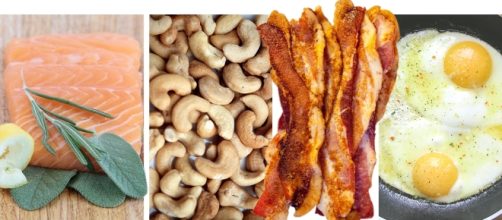The protein game
You can scarcely avoid talk of protein these days. Social media has transformed ideas, accepted norms, and desires about body image - for both males and females - and increasingly people are looking to 'bulk', 'gain' and 'shred'. Indeed, there seems to be a generation of Health and fitness bloggers as well as Instagram accounts out there based around these somewhat vacuous mottos and themes; none of which are based too far from the basic premise of having a high protein, low fat diet and a lifestyle that includes regular workouts at thegym.
When one looks purely at food as a way of attaining a protein intake, there are two main sources: animal protein and plant protein.
The main sources of animal proteins are: meat,fish,eggsand dairy products. Conversely, plant proteins can be found in a plethora of sources including:cereals beans,nut and seeds,lentils,soya and proteinbread (some rolls can contain over 20g).
What does the research say?
Research comparing the differing health consequences of having a high protein intake from meat or, alternatively,plant protein productshas yielded some interesting results. For example: raising the animal protein share of calories by 10% led to a 2% higher risk of death by any cause and, with great cause for concern, a chance of increased by 8% of dying from a heart problems.
Conversely, a3% increase in calories from plant protein led to a 10% reduction in the chance of death by any cause and a further 12% decline in the risk of death from heart disease. Hence, it really isn't all about meat and dairy.
The implications
The research intoprotein sourcesillustrates the danger of eating too much meat. Protein must be incorporated into one's diet in a balanced way. They say if one is looking to 'make serious gym gains' one should eat around 2 grams of protein per gram of body weight; ensuring this is done - in part - with use of a rich variety of plant based sources is a vital component of a healthy lifestyle. Both sources of protein have the propensity to yield the results many young people and image conscious individuals crave; however, plant proteins are far better in the long run.

